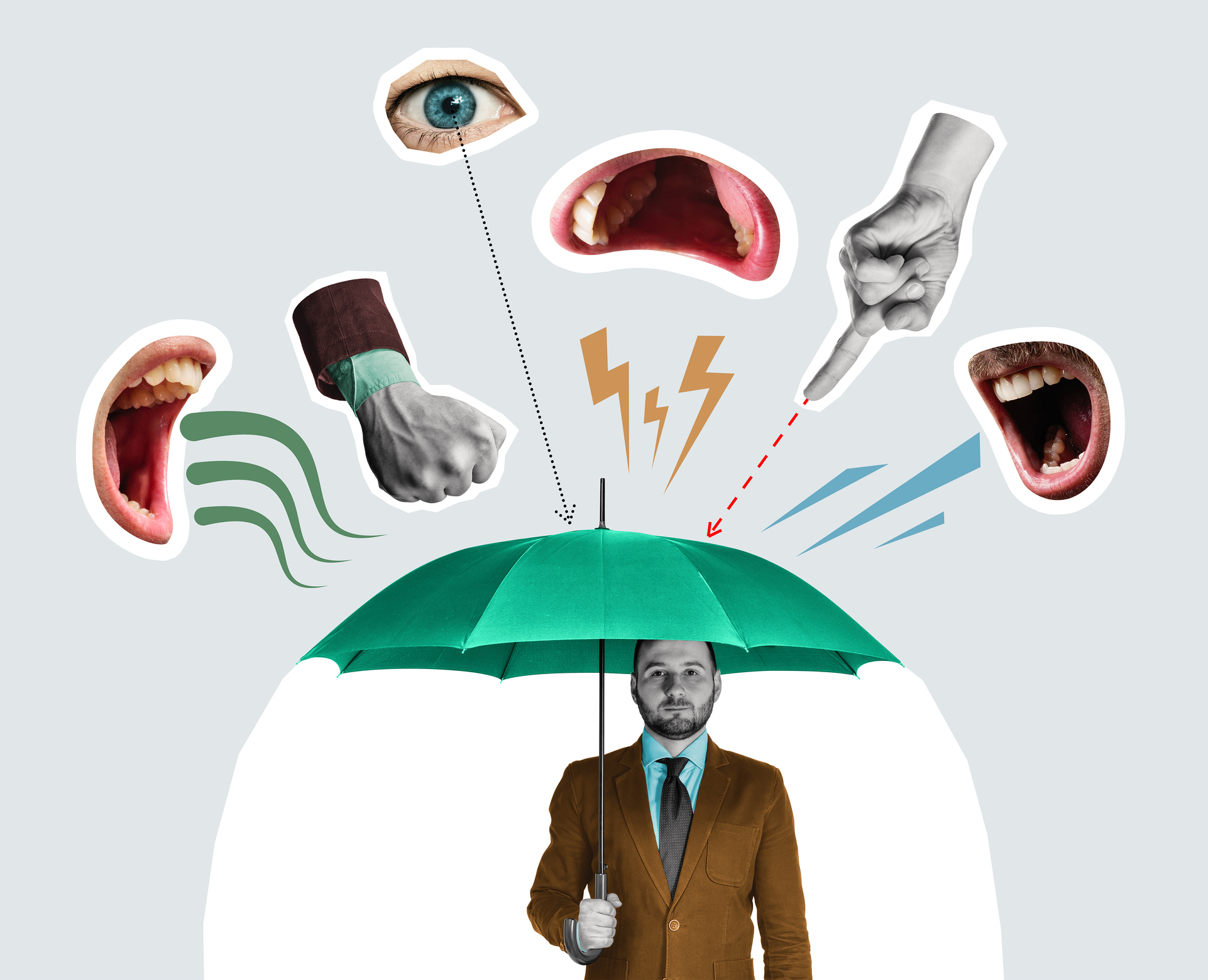In conversations about challenges and difficulties, neurodiverse individuals often find themselves grappling with the decision to downplay their symptoms or disclose their neurodiversity openly. While it may seem counterintuitive to minimize their struggles, this behavior is often a coping mechanism rooted in a desire for acceptance, understanding, and a fear of judgment. In this article, we’ll delve into the reasons behind why neurodiverse people may choose to play down their symptoms and the impact it can have on their well-being.
- Fear of Stigma: One of the primary reasons neurodiverse individuals downplay their symptoms is the fear of being stigmatized or misunderstood. Society’s lack of awareness and misconceptions about neurodiversity can lead to negative stereotypes and biases. In an effort to avoid discrimination or negative reactions, neurodiverse individuals may choose to conceal or minimize their symptoms when discussing challenges with others.
- Desire for Acceptance: Neurodiverse individuals often yearn for acceptance and belonging in social settings. They may worry that openly discussing their symptoms will lead to rejection or alienation from their peers. By downplaying their symptoms, they hope to blend in and avoid drawing attention to their differences, thus increasing their chances of acceptance and inclusion.
- Social Comparison: Neurodiverse individuals may engage in social comparison, comparing themselves to neurotypical peers and feeling inadequate or inferior as a result of their differences. They may downplay their symptoms to avoid feeling like an outsider or falling short of societal expectations of “normalcy.” This pressure to conform to neurotypical standards can lead to feelings of shame or self-doubt.
- Avoiding Pity or Special Treatment: Some neurodiverse individuals may downplay their symptoms to avoid being treated differently or receiving pity from others. They may fear that disclosing their challenges will lead to others viewing them as incompetent or incapable of handling tasks independently. By minimizing their symptoms, they hope to maintain a sense of autonomy and self-reliance in their interactions with others.
- Protecting Self-Esteem: Downplaying symptoms can also serve as a form of self-protection, preserving neurodiverse individuals’ self-esteem and self-image. They may worry that openly discussing their challenges will undermine their sense of competence or intelligence, leading others to question their abilities. By presenting a more “normalized” version of themselves, they can shield themselves from feelings of inadequacy or insecurity.
While downplaying symptoms may provide temporary relief or protection in social situations, it can also have long-term consequences for neurodiverse individuals’ mental and emotional well-being. It can lead to feelings of isolation, disconnection, and internalized stigma, ultimately hindering their ability to seek support and access resources that could benefit them.
In conclusion, the decision to downplay symptoms is a complex and multifaceted one for neurodiverse individuals, rooted in a desire for acceptance, fear of stigma, and social pressures to conform. As allies and advocates, it’s essential to create safe and inclusive spaces where neurodiverse individuals feel empowered to share their experiences openly and authentically. By fostering understanding, empathy, and acceptance, we can support neurodiverse individuals in embracing their differences and thriving in a world that celebrates neurodiversity.







